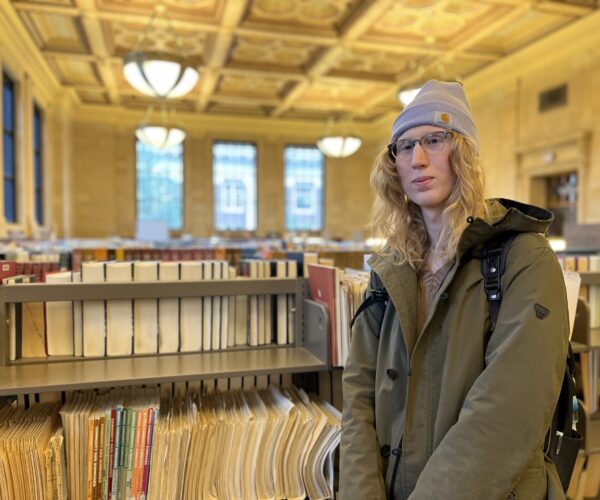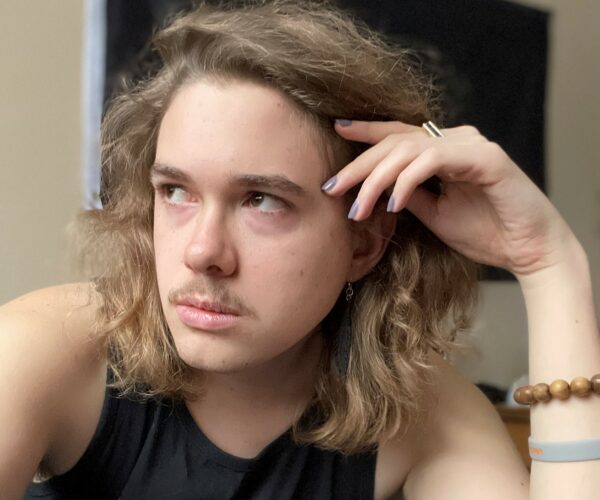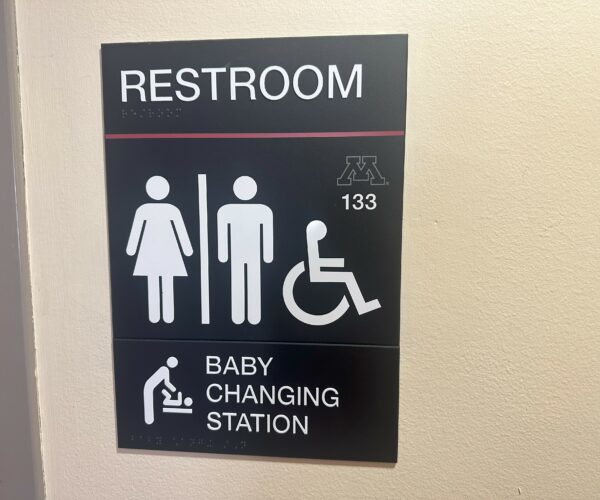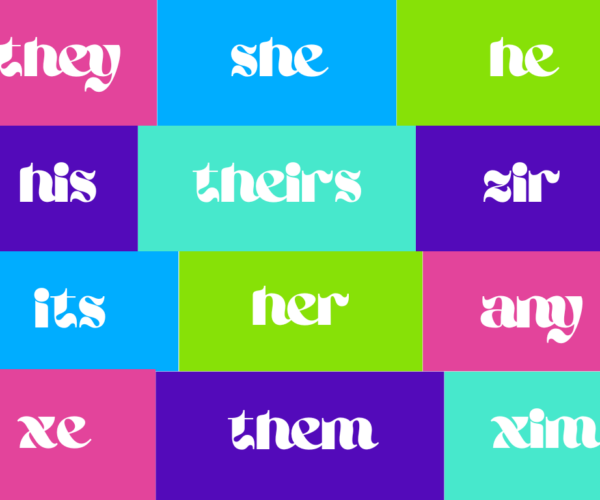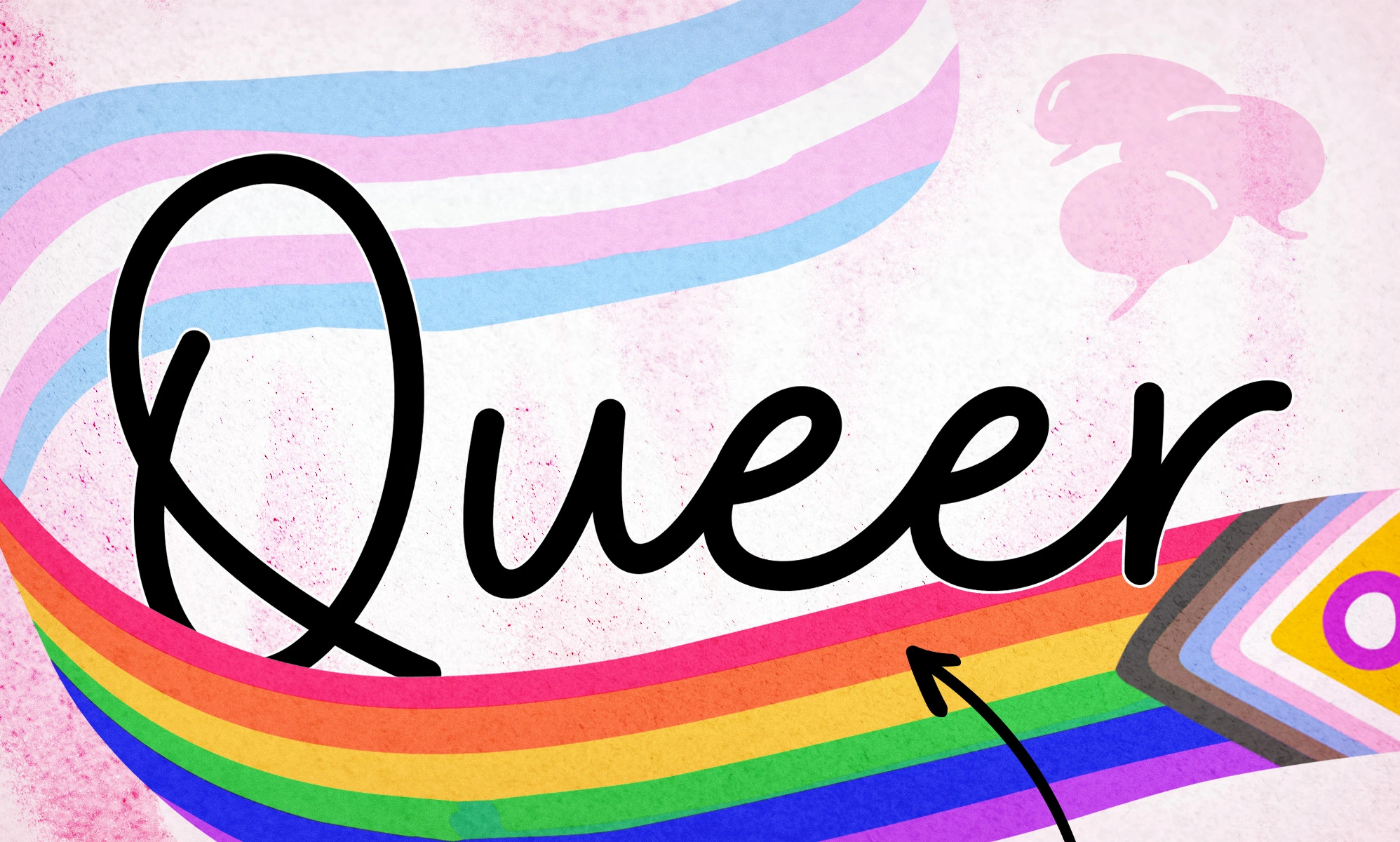By Laura Mokaya
The word “queer” has long been used as a slur against LGBTQ+ people, specifically gay men. But many students today say they are reclaiming the word to describe their identities, despite its complex history.
“The word queer, to me, means I exist outside of the binary,” said Arthi Jegraj, a facilitator at the Queer Student Cultural Center (QSCC) and a non-binary woman.
Both the QSCC and the Gender and Sexuality Center for Queer and Trans Life (GSC) use the word in their names and on their respective websites and social media pages.
The word queer emerged as a slur against homosexual men in 1895 during the trial of writer Oscar Wilde, who was referred to in a letter from the Marquis of Queensberry as one of the “snob queers” of his time. The publicity around Wilde caused the term to grow in popularity and become a common slur in the 20th century.
But from the 1980s to the 2000s, activists and community groups began reclaiming the word “queer.”
In 1990 American HIV/AIDS activists, formally known as ACT UP, became Queer Nation, a movement dedicated to fighting for LGBTQ+ rights. In 2003 the television show “Queer Eye” began airing and, by 2018, had become one of Netflix’s most popular shows.
Jegraj identifies as both queer and lesbian. “I don’t feel the need to prescribe to any one label,” Jegraj said. “Both words apply to my identity and aren’t contradictory.”
Jegraj said using both words also “gives me the freedom and flexibility to be able to share as much as I want to in a given situation without having to explain myself.”
Although some students have reclaimed the word, others say they have not found empowerment in it.
Connie Duopu, a junior studying strategic communications, said while she respects the word’s history, she does not identify with it.
“When I share my sexuality or gender identity with people, I almost never say queer,” Duopu said. “It doesn’t feel personal enough to me. It feels like too much of an umbrella term that doesn’t say much about who I actually am.”
Most agree it comes down to personal preference.
“There’s no wrong way to feel,” Duopu said. “In this community, I think it’s best we respect others’ wishes to identify however they would like.”
